
Monday - Friday, 9:00 am - 5:00 pm


The INOPTU Research Program is focused on the development and discovery of new techniques and procedures. Responsible for accurate and reliable results, using scientific methods to understand the best techniques, procedures and medicines.
In each of the clinical studies, it is important to have a randomized, representative sample of the population. This sample size produces the most accurate, most reliable results, so it is important to have as many study participants as possible. Screening for a new cohort of individuals for a study can take some time if the study is looking for specific types of individuals that are not common in the general population. Some studies may only require a small sample size, or the pay compensation may be excellent and enrollment for such studies is limited and may fill up quickly.
In order to conduct the most accurate and meaningful research, community outreach is vital. When a new paid study becomes available, it is necessary to inform the public and incentivize participation in and completion of the study.
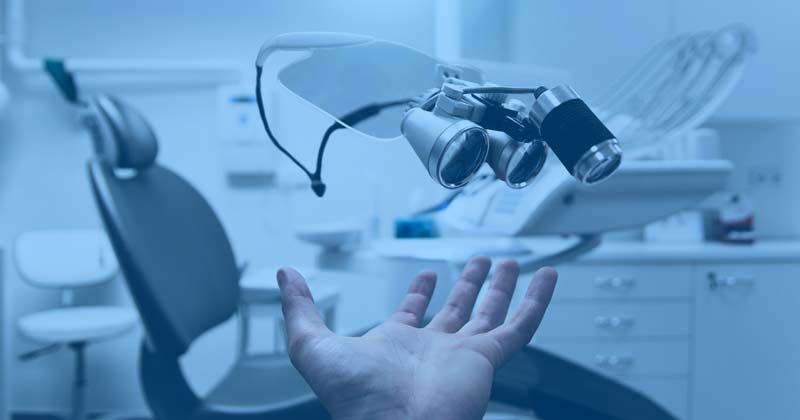
Early access to a vision test and an eye exam can beneficial to the development of children in many areas. Access is often a limiting factor of developmental eye care. Community Project was imagined to address this concern.
Join us as we deliver our services to the community. As part of our commitment to our neighbors we encourage information exchange and dialogue about this important community healthy topic. Doctors and optometrists can donate their time and expertise to a cause that will have lasting residual benefits. Community outreach will be renewed and improved this year and we couldn't be more excited!
The cost of medical services and vision health checks can be prohibitive for many in our community. It is everyone's responsibility that we care for our neighbors. We strive to do our part and to act as a model to guide others.
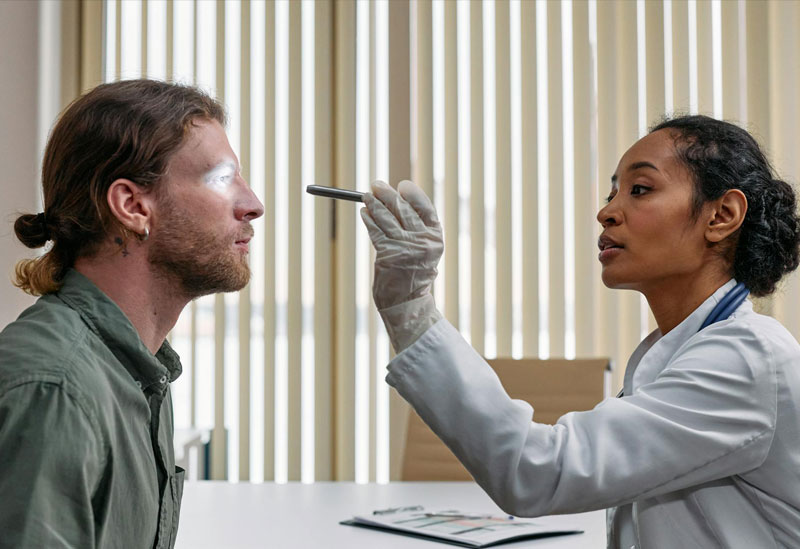
Applicants are being sought for a clinical research study. This paid study will commence in two phases. Phase one will involve a large pool of applicants that will be tested and examined for eligibility for phase two. Eligible applicants from phase one will be selected to participate in phase two based on a variety of factors.
Phase one involves a complete eye exam, includes a pair of prescription glasses and/or contact lenses. Participants are monitored during two check-up appointments. Phase two is conducted to demonstrate the effectiveness of a new technique. Patients chosen for phase two may receive corrective eye surgery, placebo, or both.
This is a paid study. Participants who complete phase one will receive $750. Participants who complete phase two will receive $1250. (must be legal US resident)
1. Adaptive Lens Technology
Development: Investigate materials that can automatically adjust their focal length based on the user's visual needs without external input. Imagine lenses that become more or less concave/convex in response to changes in light or the user's eye movement.
Research: Look into electro-active polymers or liquid crystals that might change properties with electrical impulses.
2. Personalized Lens Customization
Technology: Utilize advanced 3D printing or other manufacturing methods to create lenses that exactly match the refractive error of each eye, potentially reducing the need for adjustments.
Research: Collect big data on eye shapes and behaviors to tailor lens prescriptions to individual habits and daily routines.
3. Vision Correction without Glasses
Innovative Methods: Explore non-invasive or minimally invasive methods to correct vision. For instance, temporary or reversible procedures that could be applied or removed as needed.
Research: Consider technologies like corneal reshaping over time with devices worn during sleep (similar to orthokeratology but more advanced).
4. Enhancing Visual Perception
Augmented Reality (AR): Integrate AR into glasses that not only correct vision but also enhance it, providing information or improving visibility in low-light conditions or offering night vision capabilities.
Research: Develop algorithms and hardware that can adapt visual input in real-time for various environmental conditions.
5. Nano-Optics
Innovation: Investigate the use of nanotechnology for lens materials that could potentially auto-focus or self-clean, reducing maintenance.
Research: Focus on how nanomaterials could be integrated into conventional eyeglass lenses to enhance durability and functionality.
6. Genetic and Molecular Vision Improvement
Therapeutic Approaches: Research into gene therapy or molecular biology to prevent or reverse conditions leading to vision impairment.
Research: Explore how genes associated with vision could be targeted to improve or maintain eye health.
7. Smart Glasses for Health Monitoring
Health Integration: Develop glasses that not only correct vision but also monitor eye health in real-time, alerting wearers to potential issues like glaucoma or cataracts early.
Research: Integrate sensors with AI to analyze visual data and predict health trends.
8. Psychological and Social Integration
User Experience: Consider the psychological impact of wearing glasses and design glasses that enhance self-esteem, comfort, and social integration.
Research: Psychological studies on how vision correction affects the psyche and social behavior of individuals.
9. Environmental Adaptation
Protection: Design glasses that adapt to protect against digital screens' blue light, UV light, or other environmental hazards, while still providing clear vision.
Research: Study the long-term effects of various light spectrums on the eye and how lenses can be optimized for protection.
10. Collaborative Research
Interdisciplinary Approach: Combine optometry, material science, computer science, and biotechnology to create holistic solutions for vision correction and enhancement.
For each of these areas, the focus would be on:
Safety and Efficacy: Ensuring any new method or technology does not harm or strain the eyes.
User Comfort: Making sure the solutions are practical for everyday use.
Accessibility: Keeping in mind how these advancements can be made affordable and available to a broad population.
This research would require collaboration with clinical trials, patient feedback, and continuous iteration based on real-world use cases to refine and improve the technologies developed.
News & Events
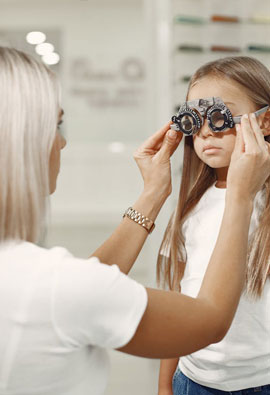
For many, vision problems get progressively worse with age. There are, however, many conditions that can be suffered by children. It is important to screen
read more...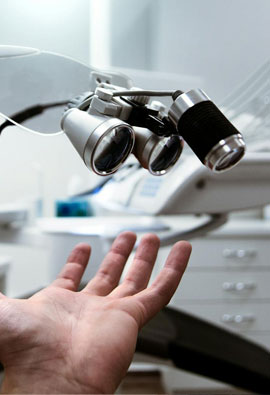
When developing new procedures and cure, scientists and doctors advance their field which research participants who
read more...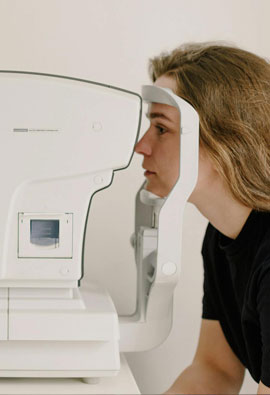
An eye exam by an optometrist can be an excellent diagnostic tool, and can act as a preventative measure. When you visit
read more...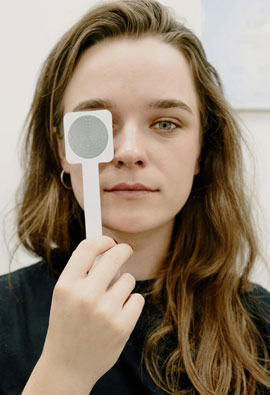
Because August is Eye Health Month we thought that we would share a few tips for maintaining healthy eyes and vision. 1. Wear sunglasses that provide a high level of
read more...We will confirm your request
Request an Appointment
Thank You for Contacting Us.
info@opticole.com
Monday - Friday
9:00 am to 5:00 pm
775-241-3662